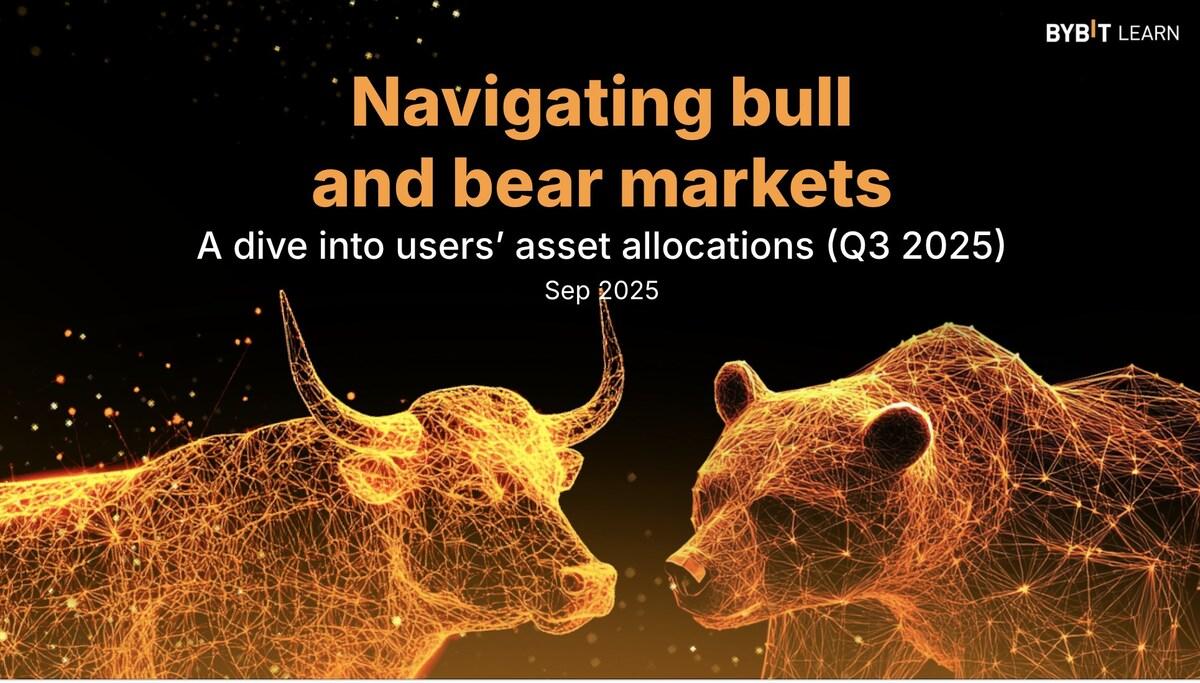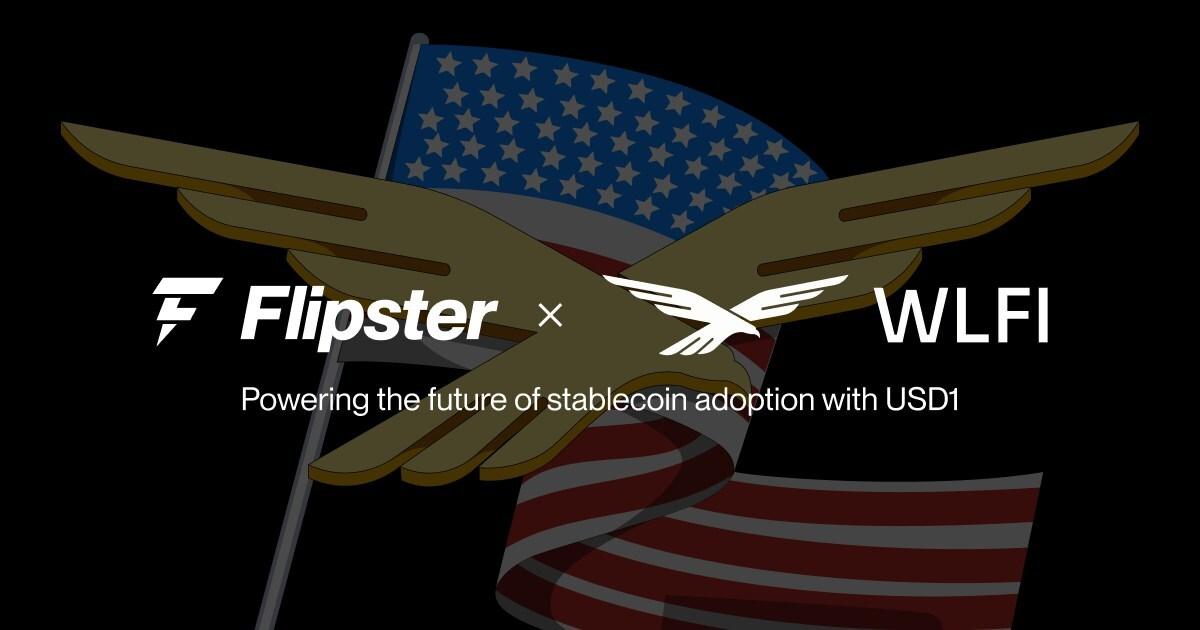Small-Cap Summer: How to Identify Small-Cap Cryptos with Growth Potential

The slow “bull market” run of 2024 may yet be primed to take off at some point in 2025. Could small-cap projects be the motivation for this projected bull run? What should investors focus on before dipping their feet in the small-cap pool?
Despite the optimism in the crypto market early in the year (after the SEC approved Bitcoin ETFs) for a crypto summer, the market has been largely stagnant in the past three months, with no sight of a bull run as we close out the year. While the cryptocurrency market relies heavily on the performance of Bitcoin (BTC), the coin seems to have peaked for the year, and more investors are looking elsewhere for substantial returns, and smaller-cap tokens are a popular choice for maximum gains.
Typically, the crypto market can be divided into four categories: mega-cap, large-cap, mid-cap, and small-cap. Mega-cap cryptos are those with a market capitalization of above $200 billion, with only two cryptos fitting the bill: Bitcoin (BTC) and Ethereum (ETH). Large-cap tokens, with a valuation of $10 billion to $200 billion, close out the top 15 cryptos, including Solana, Tether, Avalanche, Dogecoin, Tron, XRP, etc. Mid-cap tokens typically have a valuation of between $2 billion to $10 billion, which are the next 35 tokens on the capitalization index, and small-cap tokens are those with a valuation of less than $2 billion, which account for over 14,000 tokens such as FLOKI, JUP, BLD, GALA, etc.
While small caps seem inconsiderable in the grand scheme of the market, they provide the best opportunities for profit and value growth. For investors with a high tolerance for risk and an appetite for potentially big returns, small caps could be the most attractive category. While the broader crypto market remains subdued, the next altcoin season could be sparked by a sudden growth of small caps. In the last few bullish cycles, this has been the case with small-caps gaining huge returns in short periods of time.
Nevertheless, for a successful trade and investment in small-cap tokens, investors need to research properly and be patient. A successful trade on the right gems could be a life-changing moment, with potential gains of triple and even quadruple-digit percentages on the cards.
Picking The Right Token
A small-cap crypto summer could be on the horizon, despite the current volatility across the wider crypto market. According to David Canellis, an editor at Blockworks, a small-cap summer could start when, as a cohort, “small-cap tokens are altogether worth more than mid-caps”. As of early August of 2024, small caps altogether accounted for $94 billion, in comparison to $115 billion for mid-caps, a difference of only 19% compared to over 30% in August 2023.
Three things directly stand out while looking for the next big thing in crypto:
-
Strong fundamentals
The small-cap crypto market is very dynamic, with hundreds of tokens popping up every week, which makes it difficult to pick tokens with real potential for the future. The most important factor to consider for your portfolio is digital assets with strong fundamentals and promising use cases. The most successful projects solve real problems and have practical applications other than just trading and speculation tools.
For instance, Agoric’s $BLD token has a strong technological base. The platform leverages JavaScript, the world’s most widely-used programming language, making DeFi development more accessible to millions of developers. Agoric’s integration with the Inter-Blockchain Communication (IBC) protocol facilitates seamless cross-chain operations, improving DeFi interoperability. Aiming to narrow the liquidity fragmentation across decentralized finance (DeFi), the platform launched the Orchestration API, a new toolset that allows developers to create next-gen Web3 applications that seamlessly coordinate digital assets and services across multiple blockchain ecosystems. This allows platforms to deploy their liquidity and access multiple blockchains. These unique features position $BLD as a strong contender in the small-cap market, offering both innovation and accessibility.
-
Vibrant community
The community and ecosystem surrounding a cryptocurrency are important indicators of its health and potential for growth for small-cap tokens. This has been the case for memecoins and other smaller tokens that boast a strong and vibrant community. Memecoins offer little in use cases and their fundamentals are virtually non-existent, but the presence of a strong community has seen several memecoins blow out, beating the mega-caps in returns and value growth in similar periods. This has been very evident in the recent Solana memecoin boom in March, which saw coins such as PEPE, FLOKI, and WIF “tennex” during the second quarter of the year. FLOKI is an excellent example of a token that achieved growth primarily due to a strong and active community. Despite its origins as a meme coin, FLOKI’s community engagement strategies, including social media campaigns, community-driven marketing initiatives, and strategic partnerships, drove it to market success. FLOKI’s community played a huge role in building hype and maintaining the token’s visibility, demonstrating the power of a dedicated community.Agoric has built a developer-focused community that is very engaged with the platform’s technical offerings. The use of JavaScript as a programming language has attracted developers who are contributing to the growth of the ecosystem. Agoric’s community initiatives, such as hackathons, workshops, and active forums, promote collaboration and innovation, which are important for a project’s long-term success. Besides the strong community support, they have strategic partnerships with well-known blockchain projects within the Cosmos ecosystem.
-
Teams and partnerships
The final key indicator of a potentially successful small-cap token is a strong and experienced team, as well as one with strong partnerships. An experienced team builds the trust of investors while partnerships play a crucial role in the growth and adoption of a cryptocurrency. Partnerships with well-established and reputable companies or organizations add a level of trustworthiness and marketability to a project.
Understanding the dynamics of the community and the nature of partnerships can provide valuable insights into the cryptocurrency’s potential for success and long-term sustainability. The most common example of this is when Elon Musk, a self-proclaimed Dogecoiner, integrated DOGE as a payment option for Tesla’s merchandise.
While not all partnerships will result in a sudden positive price growth, small-cap tokens tend to grow massively on news of huge Web 2 partnerships.
Why Invest in Small Cap Tokens?
The whole premise of investment lies in the risk/reward that an investor is willing to handle. While mega- and large-cap tokens offer stability and are less volatile, mid-cap and small-cap tokens have the potential for growth, much larger than mega-cap cryptos or blue-chip tokens. Investing in small-cap tokens offers huge potential for growth if you pick the right token and the investor gets in at a good price.
In addition to higher returns, small-cap tokens offer a good price-to-value ratio, with several projects in this bracket being heavily undervalued. Small-cap tokens also offer investors a good entry price, with most of the tokens trading below $1, with huge potential returns. Finally, small-cap tokens allow individual inventors to beat institutional investors, who usually don’t invest in this category.
However, people must take extra care in their analysis before making any investment decisions. Small-cap tokens offer huge potential rewards but also come with added risk in comparison with large-cap and mega-cap tokens.
Disclaimer: This article is provided for informational purposes only. It is not offered or intended to be used as legal, tax, investment, financial, or other advice.




